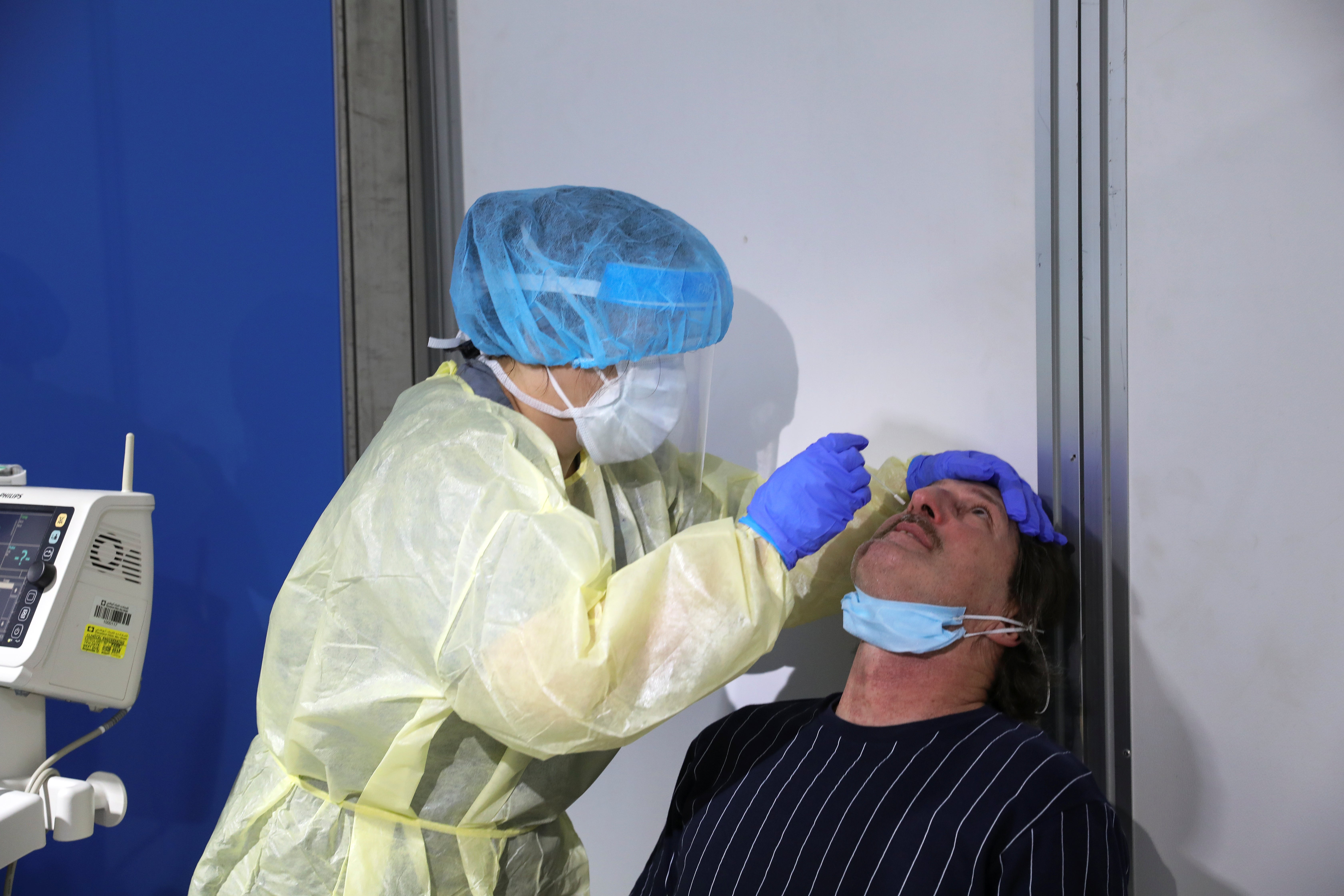Man tests positive for potentially fatal MERS-CoV virus in Abu Dhabi
Man without any contact with dromedary camels test positive for MERS-CoV

A 28-year-old man has tested positive for the potentially fatal Middle East Respiratory Syndrome Coronavirus (MERS-CoV) in Abu Dhabi, according to the World Health Organization (WHO).
The man, identified as a non-Emirati resident of Al Ain, was admitted to a hospital last month with complaints of vomiting, right flank pain, and dysuria.
On 13 June, he was referred to an intensive care unit at a government tertiary hospital in critical condition and put on mechanical ventilation. As his condition began to deteriorate, a nasopharyngeal swab was collected on 21 June and the man tested positive for MERS-CoV two days later, the WHO said.
Health officials monitored 108 people the man was in contact with but found no secondary infections so far.
The man reportedly has no history of co-morbidities or contact with another person positive for the virus. He also has no recent travel history outside the United Arab Emirates, the WHO said.
The health body added there were no signs that the patient came in contact with dromedary camels. Humans are infected with MERS-CoV from direct or indirect contact with dromedary or Arabian one-humped camels, who are the natural host and zoonotic source of the infection.
Symptoms of MERS-Cov included fever, shortness of breath, coughing, diarrhoea, and at times, pneumonia. The virus appears to cause severe disease in older people or persons with weakened immune systems and chronic diseases such as renal disease, cancer, chronic lung disease, and diabetes.
No vaccine or specific treatment is currently available, the health body said, adding: “Several MERS-CoV-specific vaccines and treatments are in development.”
At least 94 cases and 12 related deaths have been recorded in the UAE since it was first reported in July 2013. Globally, the total number of confirmed MERS-CoV cases reported to WHO since 2012 is 2605, including 936 associated deaths.
Join our commenting forum
Join thought-provoking conversations, follow other Independent readers and see their replies
Comments


Bookmark popover
Removed from bookmarks